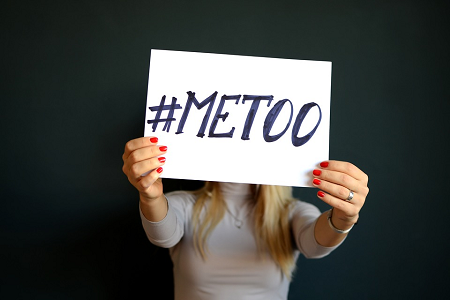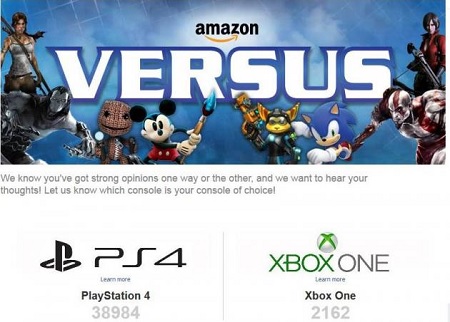9 ways social media has rewritten the rules of protest – and rewritten the day job for communications teams. With the smallest voice able to take on the biggest brand, here’s a few key watch-outs for communications teams.
Social media has changed the way people voice their opinions forever, letting anyone challenge global brands and talk truth to power. The success of those challenges still rests in the validity of the case, the support it gets, and the way the message is executed – but the culture of hashtag protests has let social protests achieve global scale in days and hours rather than months or years. There is a growing confidence in almost all countries to use social media to protest, making corporate communications a far tougher job today than ever before.
These 9 stories show how power was taken back by people as they challenged brands and corporate behaviours – click on the headlines for the full story.
1. Corporate citizenship: Apple’s tax avoidance
A big concern in 2018 has been how multinationals chose the country of lowest taxation for their registration, minimizing tax payments in many European markets. Google and Starbucks were the first to be called out, and the latest wave of attacks on Apple, are both effective and clearly all about creating the photos and buzz in social media. Now a group called “Attac” are organizing sharper protest action
L'#EvasionFiscale fait #67MillionsVictimes en France.
Agissez pour la #JusticeFiscale > https://t.co/Q1AoNpHAfw pic.twitter.com/WvnqYPfsk9
— Attac France (@attac_fr) April 10, 2018
2. Protest politics: Rise of ‘hashtag politics’ has changed social media marketing
Political polarisation and viral social movements like #grabyourwallet, #MeToo, and #TimesUp have dramatically changed the face of brand engagement and consumer loyalty, according to new research.

3. Product development: Doritos suffers social media backlash for ‘lady-friendly’ crisps
Doritos announced plans for crisps specially “designed for women”… and suffered a social media backlash as a result.
Cheer up, gals! We may not get a lady president, but we do get lady Doritos!
— (@NicCageMatch) February 5, 2018
4. How good ideas can turn sour: With or without U2? Apple gives free album removal tool
Apple has launched a tool that lets iPhone users delete a free U2 album from their iTunes library, after an outcry from some users that the songs were unwanted and took up too much storage space on their devices.

5. Brand advertising budgets: attacked when placed in right wing media
Europe has many politically right leaning newspapers that have driven a charged agenda on sensitive issues such as immigration The British tabloid press is famous for its opinionated stance, and unlike Breitbart and the extremist press that brands actively avoid, the extreme tendencies of mainstream news organisations increasingly get the spotlight shone on them far more brightly. A few years back “Stop Funding Hate” launched to challenge the sources of revenues those media companies have. They primarily use social media to drive boycotts of brands, making clear connections between the brand’s advertising and the editorial headlines it funds. LEGO was one of the first global brands to take prompt action, pulling its advertising from the UK newspaper the Daily Mail, and many other brands quickly followed.

6. Product approach: web outcry forces Microsoft to axe DRM restrictions
In one of the most striking examples of internet protest power, Microsoft reversed its controversial decision to impose restrictions on pre-owned games on its upcoming Xbox One console.

7. Personal comments: Microsoft director’s “Twitter fail” leads to resignation
One short online comment can cause a storm: Microsoft Creative Director Adam Orth has resigned after posting flippant remarks on Twitter over the Xbox 720’s controversial ‘always-online’ rumours, telling frustrated customers to ‘deal with it”.

8. Privacy: Facebook’s ‘stealth’ facial recognition roll-out sparks privacy outcry
Facebook triggered mass controversy by rolling out a facial recognition feature worldwide ( ‘Tag Suggestions’), without informing users of the change.

9. Charging models: Electronic Arts faces backlash for ‘freemium’ charges in mobile games
The growing trend for ‘freemium’ mobile games has come under more scrutiny this week, as Electronic Arts sparked criticism from customers that it is over-charging on its latest remake of the classic ‘Dungeon Keeper’ strategy game.


